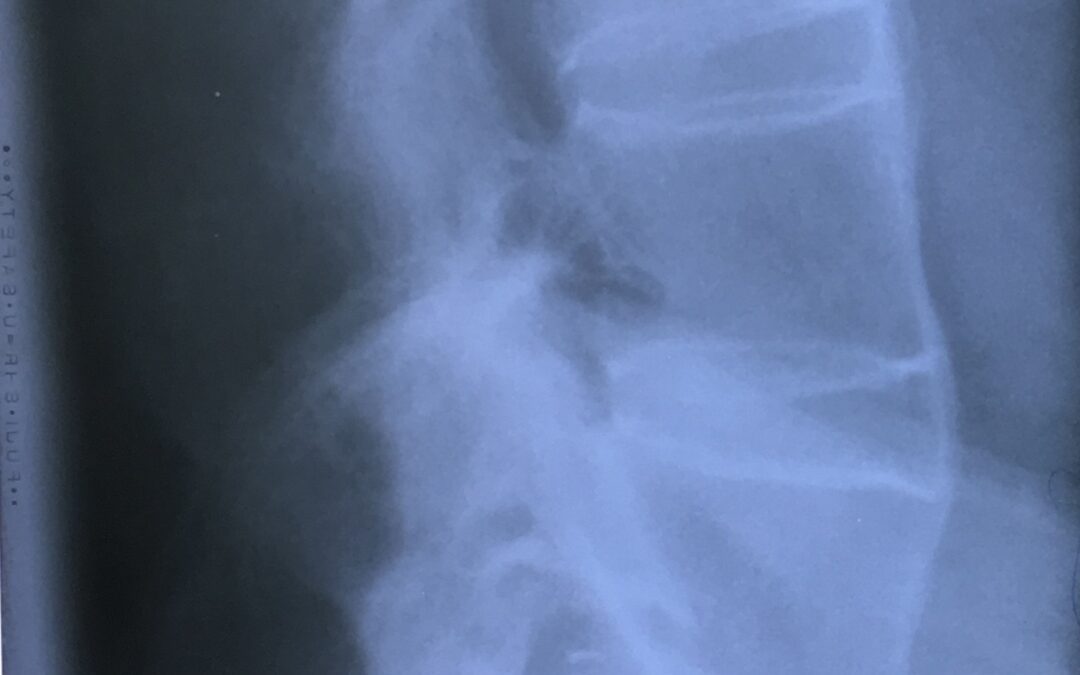This article presents a post hoc analysis of how baseline (BL) C-Reactive Protein (CRP) levels affect the efficacy and safety of Tofacitinib, a medication used to treat Ankylosing Spondylitis (AS). Tofacitinib is a Janus kinase inhibitor, a type of drug that helps reduce inflammation and is commonly used in patients with AS.
Purpose:
The study aimed to evaluate whether baseline CRP levels (a marker of inflammation) influenced how well Tofacitinib worked and how safe it was for patients with AS. CRP levels were divided into two groups:
• Normal (NML): less than 5 mg/L
• Elevated (ELV): greater than or equal to 5 mg/L
Methods:
The researchers analyzed data from two clinical trials where patients were either given Tofacitinib or a placebo. The trials ran for 16 to 48 weeks. The primary outcomes were improvements in symptoms, as measured by several established criteria such as:
• ASAS20/40 (improvement of 20% or 40% in AS symptoms)
• BASDAI50 (50% improvement in disease activity)
• ASDAS-CRP ID (inactive disease score)
• Changes in nocturnal pain and fatigue
Safety outcomes included the frequency of adverse events (side effects), including infections, across both normal and elevated CRP groups.
Results:
Out of 372 patients, about 30% had normal CRP levels, while 70% had elevated CRP levels. The key findings were:
• At 12 weeks, Tofacitinib was more effective than the placebo in reducing AS symptoms for both groups, with improvements sustained up to 48 weeks.
• The improvement was greater in patients with elevated CRP levels compared to those with normal CRP levels. For example:
• ASAS20 response was 44.7% higher in the elevated CRP group versus 15.9% in the normal CRP group.
• ASAS40 response was 34.6% higher in the elevated group versus 17.3% in the normal group.
• Reductions in pain and fatigue were also greater in the elevated CRP group.
In terms of safety, the rates of adverse events were slightly higher for Tofacitinib compared to the placebo in the normal CRP group. However, in the elevated CRP group, the safety of Tofacitinib was similar to the placebo. There were very few serious side effects or infections, and no deaths were reported.
Conclusion:
Tofacitinib was effective in treating Ankylosing Spondylitis regardless of CRP levels, but patients with elevated CRP experienced a greater benefit. In terms of safety, Tofacitinib was generally well-tolerated, though there were slightly more side effects in patients with normal CRP levels compared to those with elevated CRP. Overall, the study suggests that baseline CRP could be an important factor in predicting how well patients with AS will respond to Tofacitinib.

